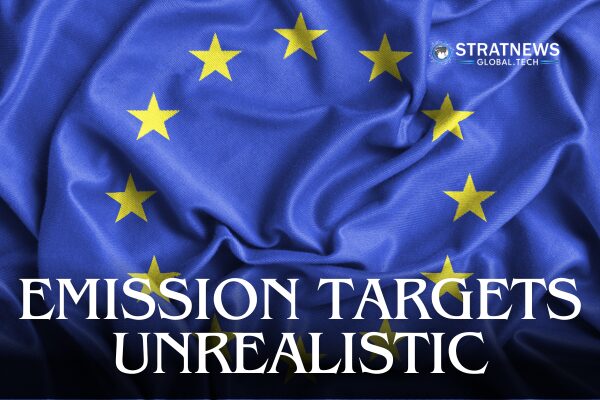EU 2035 Vehicle Emission Targets Now Unachievable, Say Auto Industry Leaders
The European Union’s ambitious targets to cut carbon dioxide (CO2) emissions from vehicles, including a complete reduction for new cars by 2035, are no longer realistic, according to key leaders in the automotive industry. This view was shared on Wednesday by the heads of the European automobile manufacturers’ and automotive suppliers’ associations.
Industry Pressures Prompt High-Level Talks
European Commission President Ursula von der Leyen is preparing to meet with top automotive executives on 12 September. The meeting comes at a critical time, with the European car sector under pressure from two major fronts — strong competition from Chinese electric vehicle (EV) makers and rising US tariffs.
In a joint letter to von der Leyen, Mercedes-Benz CEO Ola Kaellenius and Matthias Zink, CEO of powertrain and chassis at Schaeffler AG, reaffirmed their support for the EU’s goal of net zero emissions by 2050. However, they also raised serious concerns about the current path to achieving this.
Major Barriers to Emission Goals
The letter highlighted growing challenges for EU manufacturers. These include almost complete dependence on Asia for battery supply, a lack of consistent charging infrastructure, increasing production costs, and trade barriers such as US tariffs.
While the EU aims to cut CO2 emissions from new cars by 55% and from vans by 50% by 2030 — and reach 100% reduction for both by 2035 — the industry leaders said this goal is becoming less achievable. At present, EVs account for just 15% of new car sales in the EU, with vans reaching only 9%.
“Meeting the rigid car and van CO2 targets for 2030 and 2035 is, in today’s world, simply no longer feasible,” the letter stated.
A Call for Broader Solutions
The industry chiefs stressed that legal mandates and penalties alone would not ensure a successful transition. While EVs will play a leading role, they urged the EU to also support other technologies. These include plug-in hybrids, range extenders, efficient internal combustion engines, hydrogen power, and decarbonised fuels.
They also called for a review of CO2 rules for heavy-duty trucks and buses, pointing out the broader scope of the challenge.
Earlier this year, the European Commission allowed carmakers more time to meet 2025 emission reduction targets. Some members of von der Leyen’s centre-right political group have since pushed for a rollback of the 2035 ban on combustion engines.
with inputs from Reuters


